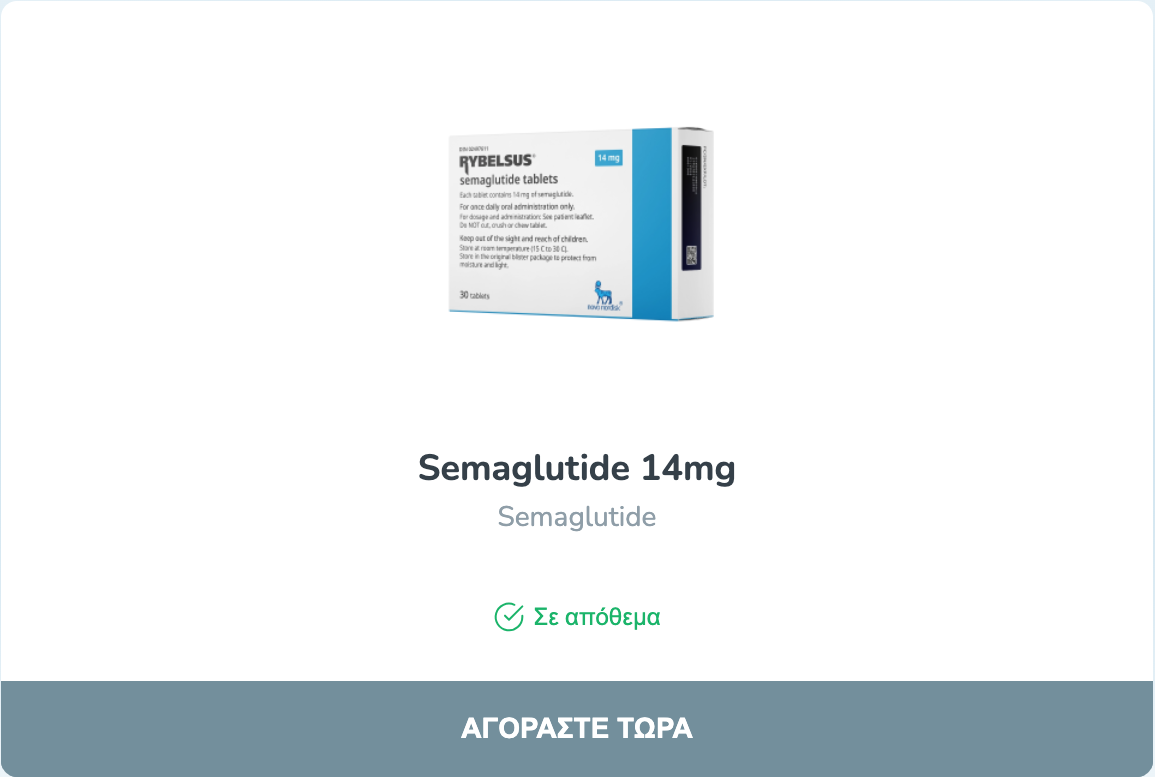Is Ozempic the ultimate weight-loss breakthrough or just overhyped?

Several celebrities, including Tracy Morgan, Dolores Cantina, and Golnesa 'GG' Gharachedaghi, have praised Ozempic as an effective weight loss aid. Originally approved by the U.S. Food and Drug Administration in 2017 to treat type 2 diabetes, the drug has gained immense popularity, leading to soaring sales and supply shortages. But is Ozempic truly a game-changer for those struggling to lose weight?
"Whenever a treatment is seen as a one-size-fits-all solution for something as complex as obesity, it’s important to be cautious," warns Dr. Joseph Trunzo, a psychology professor and associate director at Bryant’s School of Health and Behavioral Sciences. "Many factors influence eating behaviors, and no single treatment can address them all."

Kirsten Hokeness, the School of Health and Behavioral Sciences’ director, explains that Ozempic was developed by the Danish pharmaceutical company Novo Nordisk. The medication works by mimicking a hormone called GLP-1, which triggers the pancreas to produce insulin, helping lower blood sugar levels. One of its notable side effects is weight loss, as GLP-1 signals the brain’s receptors to create a sense of fullness.
"It also slows down stomach emptying, which helps you feel full for longer and eat less," explains Hokeness. However, she points out that while the FDA has not approved Ozempic specifically for weight loss, many people are using it for that purpose, leading to shortages for type 2 diabetes patients.
A higher-dose version of Ozempic, called Wegovy, is approved for chronic weight management. The FDA gave it the green light in 2021 for adults with a body mass index (BMI) of 27 or higher who also have weight-related health conditions. Like Ozempic, Wegovy works by mimicking GLP-1, reducing appetite and slowing the passage of food from the stomach to the intestines.
Both medications can cause side effects such as nausea, vomiting, and diarrhea. There have also been reports of muscle loss associated with Ozempic use, with The New York Times noting in February that doctors are exploring ways to address this issue. According to Trunzo, more serious risks include pancreatitis, as well as complications involving the kidneys, gallbladder, and thyroid.
"Anytime you take something that affects hormonal function, there’s also a chance it could impact the nervous system," Trunzo warns.
When it comes to cost, Ozempic is typically covered by insurance when prescribed for type 2 diabetes. However, if used off-label for weight loss, it costs around $900 per month out of pocket. Wegovy, which is specifically approved for weight management, is often covered by insurance, but for those paying out of pocket, it runs about $1,350 per month.
Trunzo warns that relying too much on weight loss medications can be risky, as some people may assume that taking the drug means they don’t need to make other lifestyle changes.
“There are many emotional and behavioral factors that influence eating habits and overall health,” he explains. “If you’re not addressing those while using medication for weight loss, you’re reducing the drug’s long-term effectiveness.”
Hokeness points out that once people stop taking Ozempic or Wegovy, their weight loss tends to plateau, and many regain the weight they initially lost. Trunzo adds that this cycle can contribute to feelings of anxiety and depression.
“Losing weight is a challenge for everyone, but the key is to take a holistic approach—finding what works for you and being mindful of why and how you eat,” says Hokeness.
Trunzo also emphasizes that even small weight changes—just five or ten pounds—can significantly impact health, improving conditions like diabetes, high blood pressure, and heart health.
“People don’t always have enough knowledge about nutrition and the importance of movement in maintaining good health,” he says. “If more people understood these basics, we’d all be in a much healthier place.”
Ozempic and Wegovy may be the latest weight loss medications making headlines, but they certainly won’t be the last. On March 7, Novo Nordisk announced to investors that it is conducting early-stage trials on a weight loss pill that could be twice as effective as Wegovy, according to Quartz.
“I think we’re going to see more and more of these kinds of drugs,” says Trunzo. “People tend to look for easy solutions, and if a simple pill promises results, demand will be high—and the market will respond accordingly.”
Back to blog


